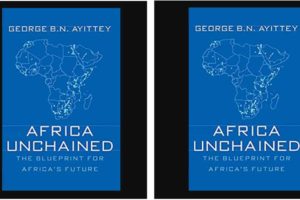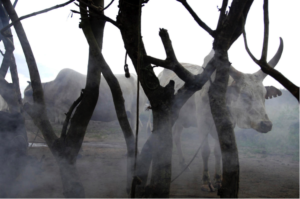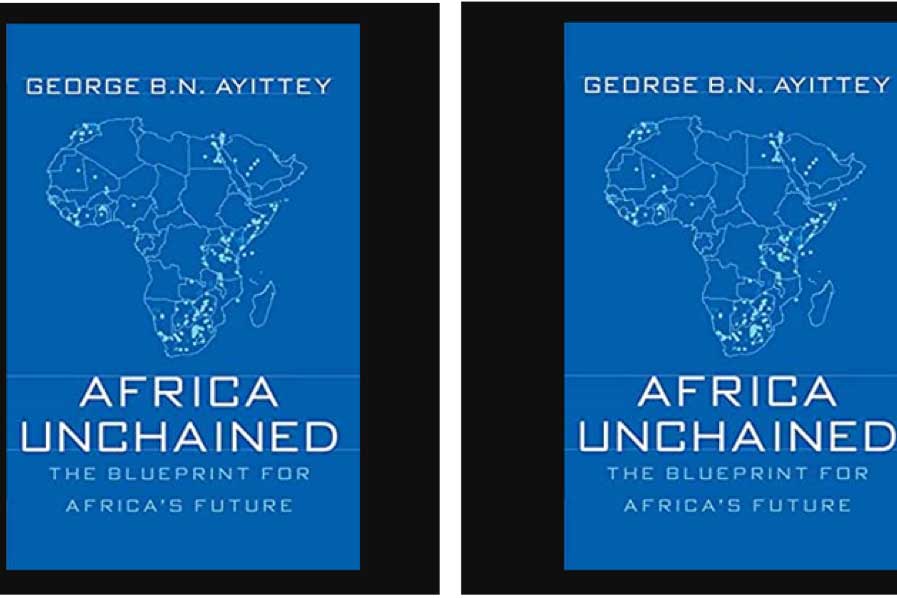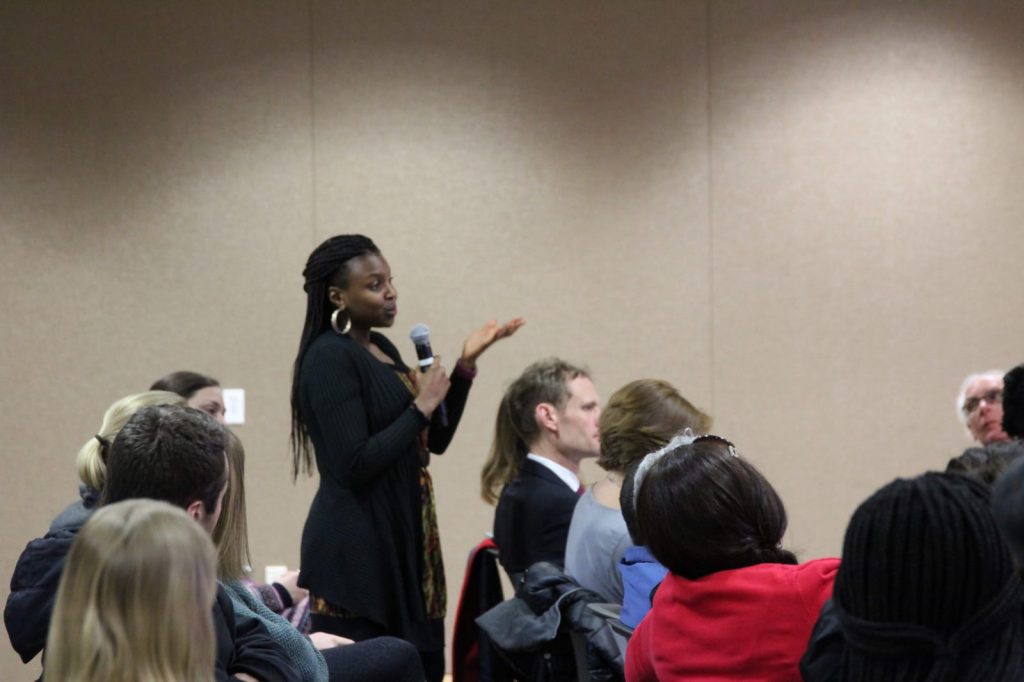In response to a sharp escalation of intercommunal violence, South Sudan launched a civilian disarmament campaign in July 2020 to counter the proliferation of small arms. Rather than quelling the violence, this coercive campaign risks deepening South Sudan’s pervasive insecurity. Past attempts at civilian disarmament have repeatedly led to violent clashes between communities being disarmed and an abusive security sector, while geographically staged, incomplete disarmament efforts have often escalated intercommunal violence. Further, this approach does nothing to address the demand factors driving proliferation, leading communities to re-arm following the completion of disarmament exercises.






